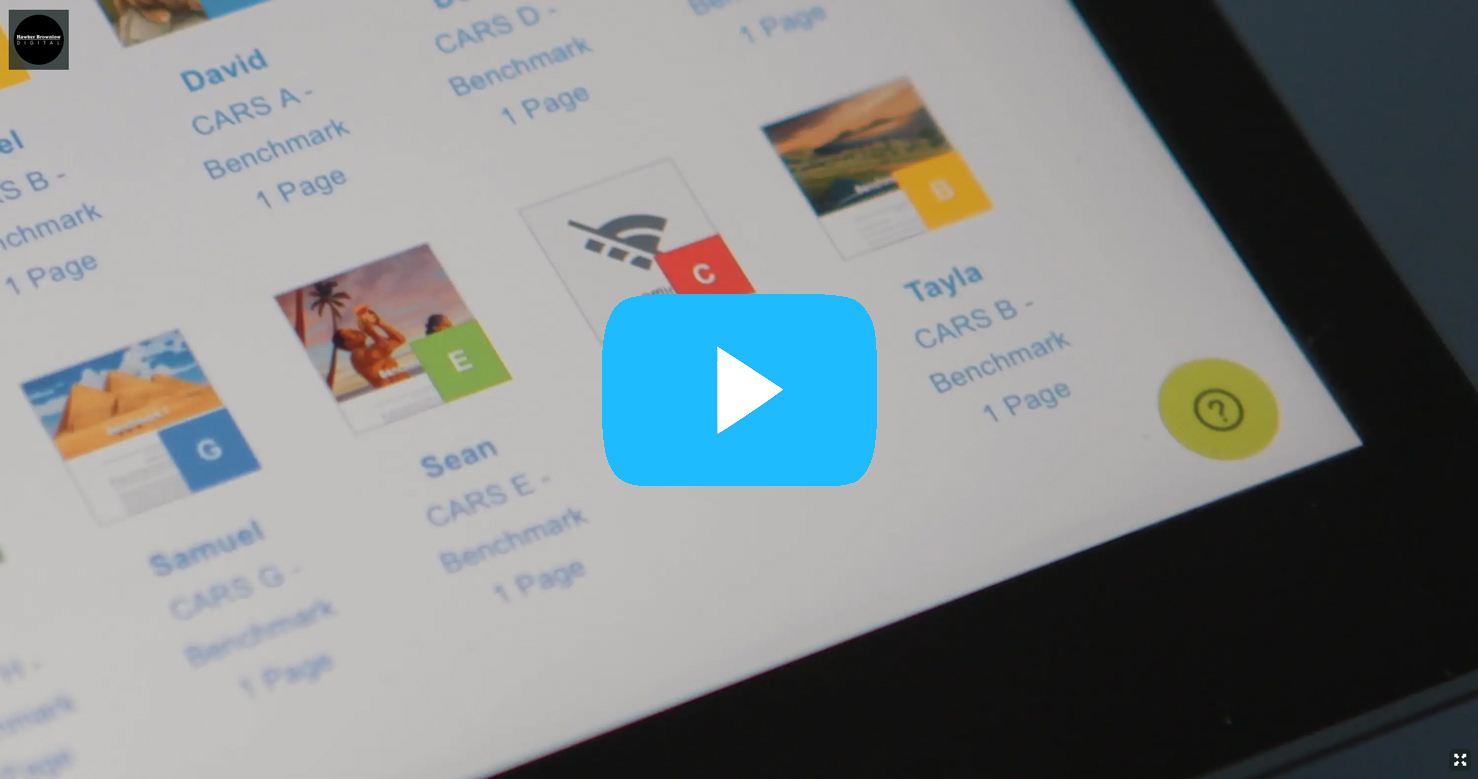Passages in CARS & STARS Online come from a variety of different genres and text types, from letters and lists to stories and instructions. No passage is repeated across the program, and every passage is different. Passages can be fiction or non-fiction and cover a raft of topics across many different subject areas, all designed to pique student interest and keep it throughout the program, exposing them to a variety of text types and styles of writing at every level.
Students using CARS & STARS Online will be exposed to different text types as standard throughout the program, beginning at the lowest levels. They’ll grow to become proficient readers who can make meaning from any text – and recognise and respond accordingly to any type of text, too.
Reading comprehension is a fundamental skill that serves as the bedrock for academic success and lifelong learning. It involves not only understanding the words on the page but also grasping the underlying meaning, context and nuances of the text. Reading a variety of text types is essential for developing better reading comprehension for several reasons.
Different types of texts cover a wide range of topics and subject matter. Exposure to various subjects, such as science, history, literature and current events, broadens one's knowledge base and fosters a deeper understanding of the world.
Different texts use different language and terminology. Reading various genres exposes readers to a rich vocabulary, enhancing their word knowledge. For instance, reading scientific journals will introduce specialised terminology, while literature might present more figurative language.
Different text types follow distinct structures. Novels have plots and character development, while newspapers might use the inverted pyramid structure to provide information efficiently. Understanding these structures aids in organising information and making sense of the content.
Reading various types of texts also helps readers understand how the same word or phrase can have different meanings in different contexts. This is crucial for understanding nuanced language, idiomatic expressions and cultural references.
Different texts require different levels of critical thinking. Analysing a scientific research paper necessitates a different set of critical thinking skills than interpreting a poem. Engaging with diverse text types hones critical thinking abilities. Various texts employ different features like headings, captions, graphs and footnotes. Learning to navigate these features is vital for comprehending and extracting information efficiently.
Different texts may present biased or differing viewpoints on the same topic. Exposing oneself to diverse sources helps readers recognise and evaluate biases, promoting critical and well-rounded thinking. Different texts can also often incorporate cultural references and allusions. A wide range of reading material aids in developing cultural literacy, allowing readers to better understand references and context in both literature and non-fiction.
Reading diverse texts reinforces memory and information retention. The brain is better at remembering information when it's associated with a range of sensory and contextual experiences. Similarly, different texts demand varying reading comprehension skills. Poetry may require readers to delve into metaphor and symbolism, while technical manuals necessitate precision and attention to detail. This variety challenges readers to adapt their skills.
A well-rounded education involves exposure to various disciplines and types of knowledge. Reading diverse texts can provide a foundation in subjects ranging from the arts and humanities to the sciences and social sciences. Beyond the classroom, the ability to read and comprehend various text types is essential for lifelong learning. As adults, we encounter a wide array of materials, from manuals and contracts to news articles and personal development books. Different professions require different types of reading. Lawyers need to analyse legal texts, while marketers must comprehend consumer behaviour studies. A well-developed ability to read diverse texts enhances career prospects and performance.
In summary, reading diverse text types is crucial for developing better reading comprehension because it fosters a range of skills, from vocabulary development and critical thinking to understanding context and navigating different structures. It promotes cultural literacy and prepares individuals for academic and professional success. Moreover, it contributes to a well-rounded education and fosters a lifelong love of learning.
If you are interested in learning more about the CARS & STARS Online subscriptions and how they can help children to achieve better results, then sign up for a free trial to be an integral part of your child’s reading success.































